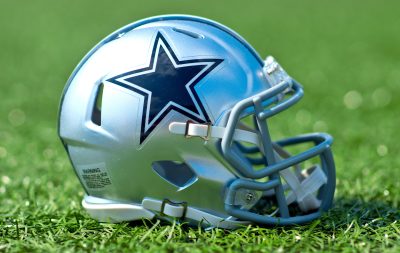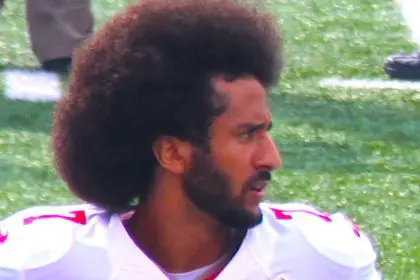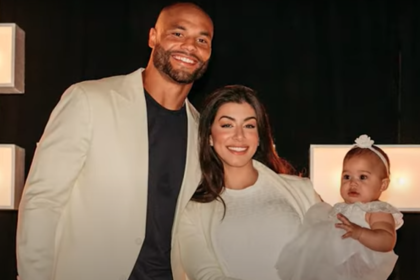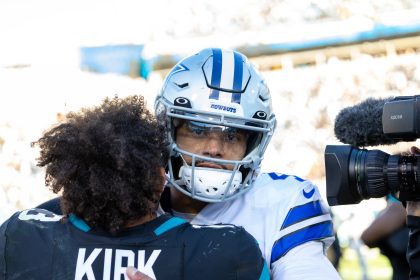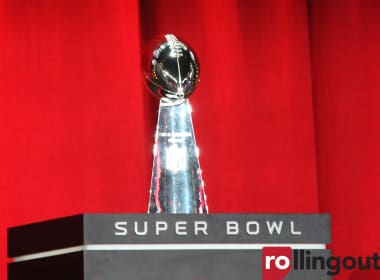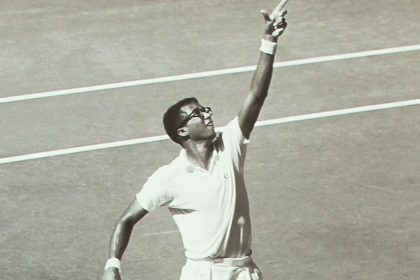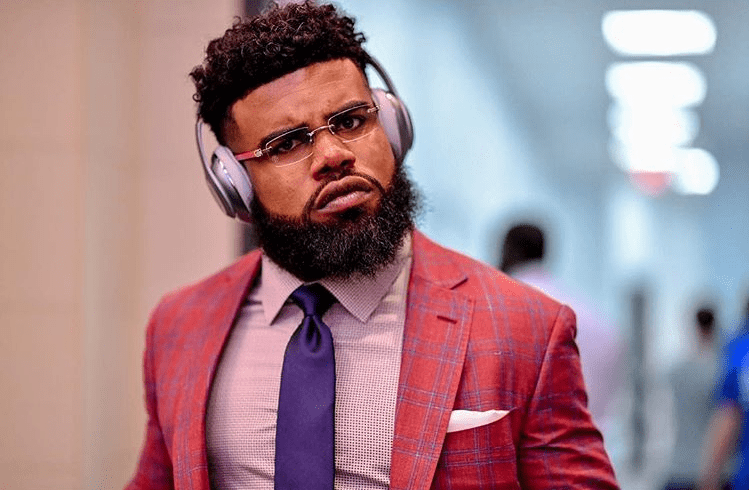
This past week, Dallas Cowboys owner Jerry Jones gave his players marching orders by mandating all team players standing during the playing of the national anthem.
“You know where I stand,” he said, “our team knows where I stand. That is where we are. Our policy is you stand during the anthem, toe on the line.”
Days later, the team’s two star Black players from the 2016 NFL draft class backed their boss wholeheartedly.
In fact, Cowboys quarterback Dak Prescott, 25, chastised players who have knelt during the “Star-Spangled Banner,” the Sporting News reported. Prescott admonished players move on to the next step in the fight for social justice, and said the playing field is not the venue to stage political protests.
The next day, superstar running back Ezekiel Elliott, 23, echoed his boss Jones and his teammate Prescott, saying his decision to stand is an example of the organization’s “culture” and “unity.”
“Us as a team, we chose to stand together for the anthem,” Elliott said, according to CBS Sports. “It was our decision. I think it just shows our culture. It shows that we have unity. We’re going to stand as one. But we’re the Dallas Football Cowboys. We stand for the national anthem.”
This is not the first time a Cowboys player has backed Jones, 75. Back in 2017, the team’s former wide receiver, Dez Bryant, defended the team’s decision to stand, saying at the time, “We’re going to stand, we’re going to stand and going to put our hand over our heart and and we’re going to do what we did before.”
After news of the Cowboys owner and players stances went public, Philadelphia Eagles safety Malcolm Jenkins, the president of the NFL Players Association, called Jones a “bully” who doesn’t care about his players. He also said he’s “lucky” he doesn’t play for the Cowboys.
“I don’t see Jeffrey [Lurie] like Jerry Jones is. Lucky for me, I don’t play for the Cowboys,” the very vocal Jenkins said, according to ESPN. “Nor would I want to. I think it’s unfortunate that you have owners like him that use his position to intimate and intentionally thwart event the idea of his players thinking individually or having a voice about issues that affect their communities daily, which is unfortunate.”

